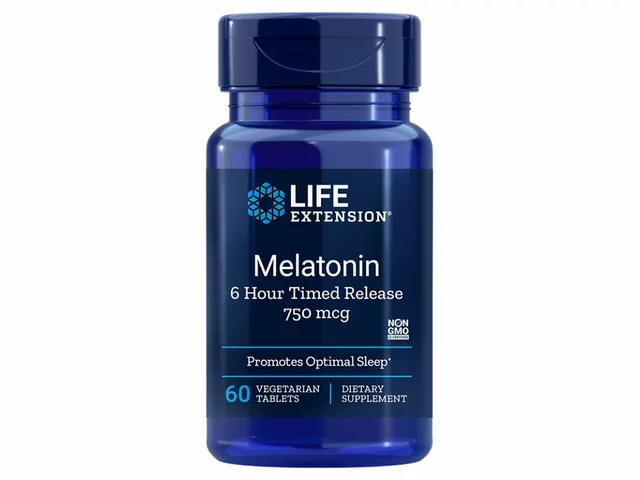
Phosphate Supplements: Benefits, Uses, and Safety Guide
When working with phosphate supplements, dietary products that add extra phosphate to support cellular energy, bone strength, and kidney function. Also known as phosphate tablets, they help maintain proper blood levels of phosphate, which is vital for many body processes. Another key player is bone health, the condition of your skeletal system that relies on calcium and phosphate balance, and kidney disease, a condition where the kidneys struggle to regulate phosphate, often needing supplemental support. Finally, vitamin D, a fat‑soluble vitamin that boosts phosphate absorption in the gut works hand‑in‑hand with these supplements. In short, phosphate supplements are a tool for people who need more phosphate, especially when bone health or kidney disease makes natural balance hard to achieve.
Why do you need them? First, phosphate is a core component of ATP, the energy currency every cell uses. Low phosphate can cause fatigue, muscle weakness, and even bone pain. Second, your bones store about 85% of the body’s phosphate; without enough, bone remodeling slows down, raising fracture risk. Third, the kidneys filter and re‑absorb phosphate; when kidney function drops, phosphate can either build up or run low, leading to complications. Adding a supplement can correct the deficit, but it isn’t a free‑for‑all. Vitamin D status matters—a deficiency limits how much phosphate your gut can pull in, so many clinicians recommend checking vitamin D levels before starting. Also, people on certain medications, like phosphate binders for hyperphosphatemia, must coordinate doses carefully. Understanding these relationships—phosphate supplements ↔ bone health, phosphate supplements ↔ kidney disease, vitamin D → phosphate absorption—helps you avoid pitfalls and get the most benefit.
What to Know Before You Start
Before you click “add to cart,” ask yourself a few practical questions. Do you have recent lab results showing low serum phosphate? Have you been diagnosed with chronic kidney disease (CKD) stage 3 or higher? Are you taking vitamin D or calcium supplements that could interfere with phosphate balance? If you answer yes to any of these, a short chat with your doctor or pharmacist can save you headaches later. Dosage matters too: most adult supplements provide 250–500 mg of elemental phosphate per tablet, but the right amount depends on your diet, age, and health status. Start with the lowest effective dose and monitor symptoms—energy levels, muscle cramps, or changes in urination can signal whether you’re on track. Lastly, read labels for added minerals; some products blend calcium, magnesium, or potassium, which can shift the overall mineral balance.
Our curated list below covers everything from how fluid retention ties into phosphate levels, to comparisons of medications that affect the same pathways. You’ll find practical tips, safety warnings, and real‑world advice to help you decide if phosphate supplements fit into your health plan.
-
8 Oct






